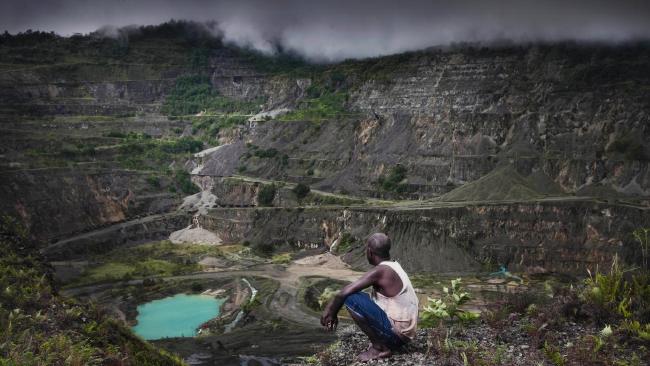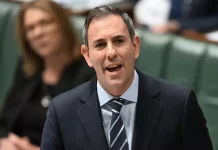The sheer environmental degradation and considerable loss of life that followed Rio Tinto’s running of Bougainville’s Panguna gold and copper mine must rank it as one of the world’s greatest mining debacles.
Seven years after Rio transferred its majority shareholding to the Papua New Guinea and Bougainville governments, and 25 years after the end of the civil war sparked by the mine, Panguna’s landowners want Rio Tinto’s culpability for all it unleashed to be tested in London’s courts.
They have this month appointed Australian human rights and class action lawyer Stewart Levitt to represent them in possible litigation.
The plan is to use the precedent established by BHP’s 2015 Samarco Dam disaster in Brazil. Last year a British court granted leave for some 200,000 Brazilians to file an US$8.8 billion class action in London, due to the potential inadequacy of the Brazilian legal system to deal with a global (and UK-listed) mining giant.
Levitt, a Sydney-based litigator (and published poet), was in Arawa this month to meet the landowners over the Panguna matter, which is still in its earliest stages. The intention is to target Rio over “personal injury suffered, intergenerational trauma, damage to property and any violation of human rights”. Levitt has self-funded himself to date, but doesn’t expect to face difficulties securing a litigation funder. Talks with a potential UK legal partner are apparently well advanced.
The highlights of Levitt’s lengthy career have included his securing a US$98 million payout for 7-11 franchisees in 2022, and a US$30 million settlement paid to 447 residents of Palm Island in 2018, after police were found to have breached the Racial Discrimination Act in their response to riots over a death in custody. Last month, however, his firm Levitt Robinson Solicitors settled what had been billed as a US$500 million class action against Aveo for a mere US$11 million. As a (possibly unprecedented) condition, the firm also published an acknowledgement that Aveo’s contracts “were lawful, in accordance with industry standards”, and expressed “regret for any distress or anxiety which Aveo residents and staff have experienced” as a result of its action.
In 2020, 156 residents of Bougainville worked with the Melbourne-based Human Rights Law Centre to file a complaint with a division of the Australian Treasury against Rio Tinto. A year later, Rio Tinto agreed to fund an assessment of the “actual and potential environmental and human rights impacts of the mine”. Its first phase kicked off last December.
The Human Rights Law Centre has nothing to do with Levitt’s appointment, and any resultant lawsuits would presumably overlap with the human rights investigation.
The Panguna mine, for what it’s worth, is mothballed, though still filled with as much gold and copper as it was when mining abruptly ceased in 1989. It retains an ongoing fascination for the mining world’s entrepreneurs and investors, not to mention Panguna’s indigenous landowners. No one’s found a way to reopen it, yet.
SOURCE: AFR/PACNEWS















